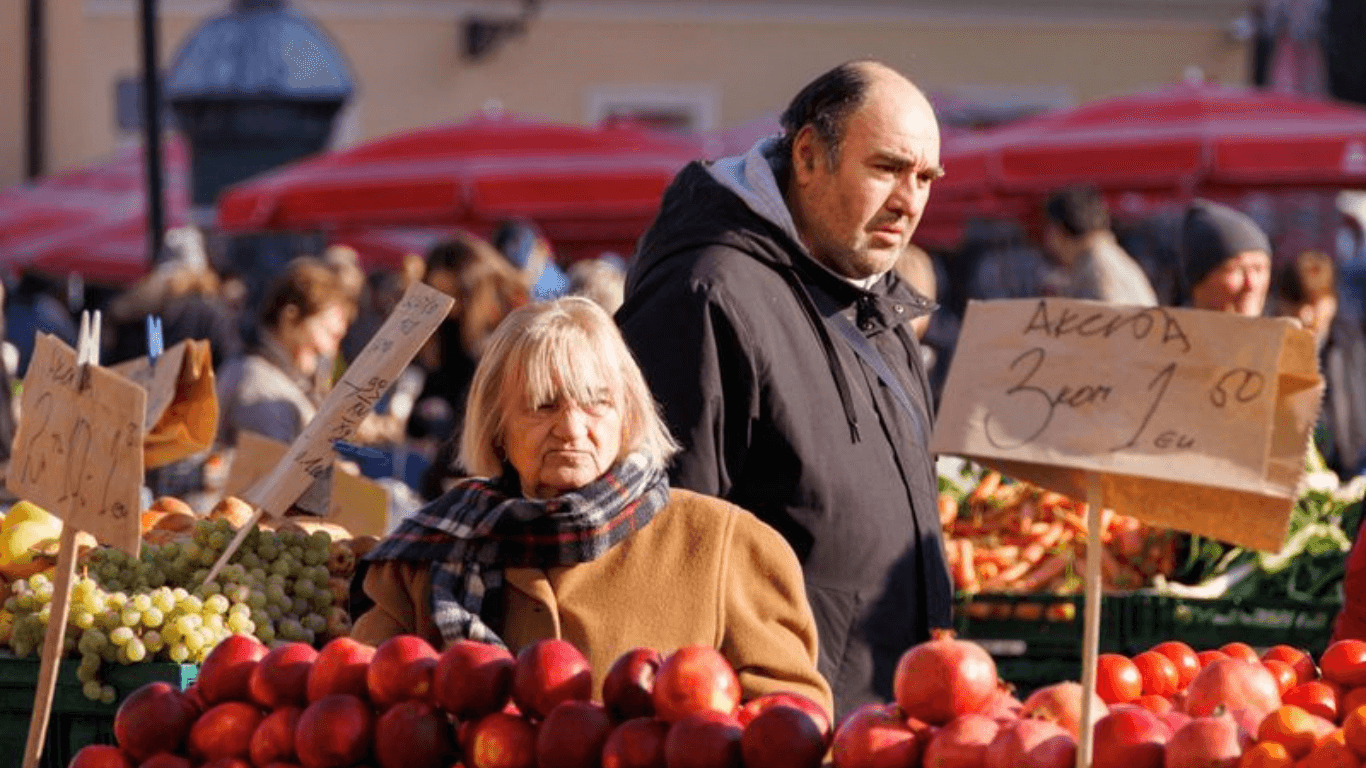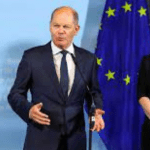
Government and industry leaders in Croatia are at odds as merchants blame inflation for actions taken to combat price increases following the introduction of the euro.
As soon as Croatia switched from using the kuna to the euro on January 1st, costs increased as merchants rounded up prices in the new currency.
On January 5, the government warned traders that if prices weren’t brought back to levels seen before the introduction of the euro, it would impose fines, stop providing energy subsidies, and hike taxes.
The traders’ group has refuted the government’s allegations, claiming that its members are only boosting prices to offset the rising costs of electricity and raw materials rather than to increase profits.
With an annual inflation rate of 10.8%, Croatia has one of the highest rates in the EU in 2017.
According to Martin Evacic of the Croatian Association of Employers’ commerce sector, just a few products saw price increases.
“Prices increased by 15% to 20% in 2022. During the conversion period, they most definitely did not increase, Evacic told Croatian media last month.
The government is under pressure to take action in order to stop inflation, he continued, and this is not a battle between it and the merchants.
Igor Vujovic, the head of the Croatian Consumers’ Association, claimed that depending on the product, consumers were facing price increases of 5% to 20% per day. Prices are escalating, he continued.
Slovenia, which is nearby and was the first country in the eastern EU to adopt the euro in 2007, reported a rise in inflation of 7% to 8% after joining the eurozone but was able to reduce it within three months.
Croatian inspectors discovered that 40% of the companies had unjustifiably raised prices after two weeks of enhanced inspections and penalized them 234,000 euros. The penalty is 26,000 euros for businesses and up to 1,090 euros for one-person traders.
On Friday, Prime Minister Andrej Plenkovic said, “Raising prices, overshadowing the adoption of the euro, and adding to inflation, it’s an unjust practice and will not be permitted.”
He claimed that some traders had lowered their pricing starting at the end of December.
The two largest grocery store companies in Croatia, Konzum and Lidl, said in separate statements that they had not increased prices after Jan. 1.
However, buyers have also noticed the difference as a result of consumers’ struggles with the expense of living.
Domagoj Bregant, a resident of Zagreb, remarked when purchasing food at the capital’s food market, “I have observed the increase in food costs.” Food is really expensive compared to my current pay, thus this is a concern.
Some opposition leaders have criticized the administration for not doing more to restructure the country’s economy while introducing the euro at a time of high inflation and the energy crisis brought on by the conflict in Ukraine.
The administration has long argued in favor of adopting the euro, claiming it would boost the economy, enhance the environment for investment, and increase Croatia’s resilience to shocks from the outside world.








